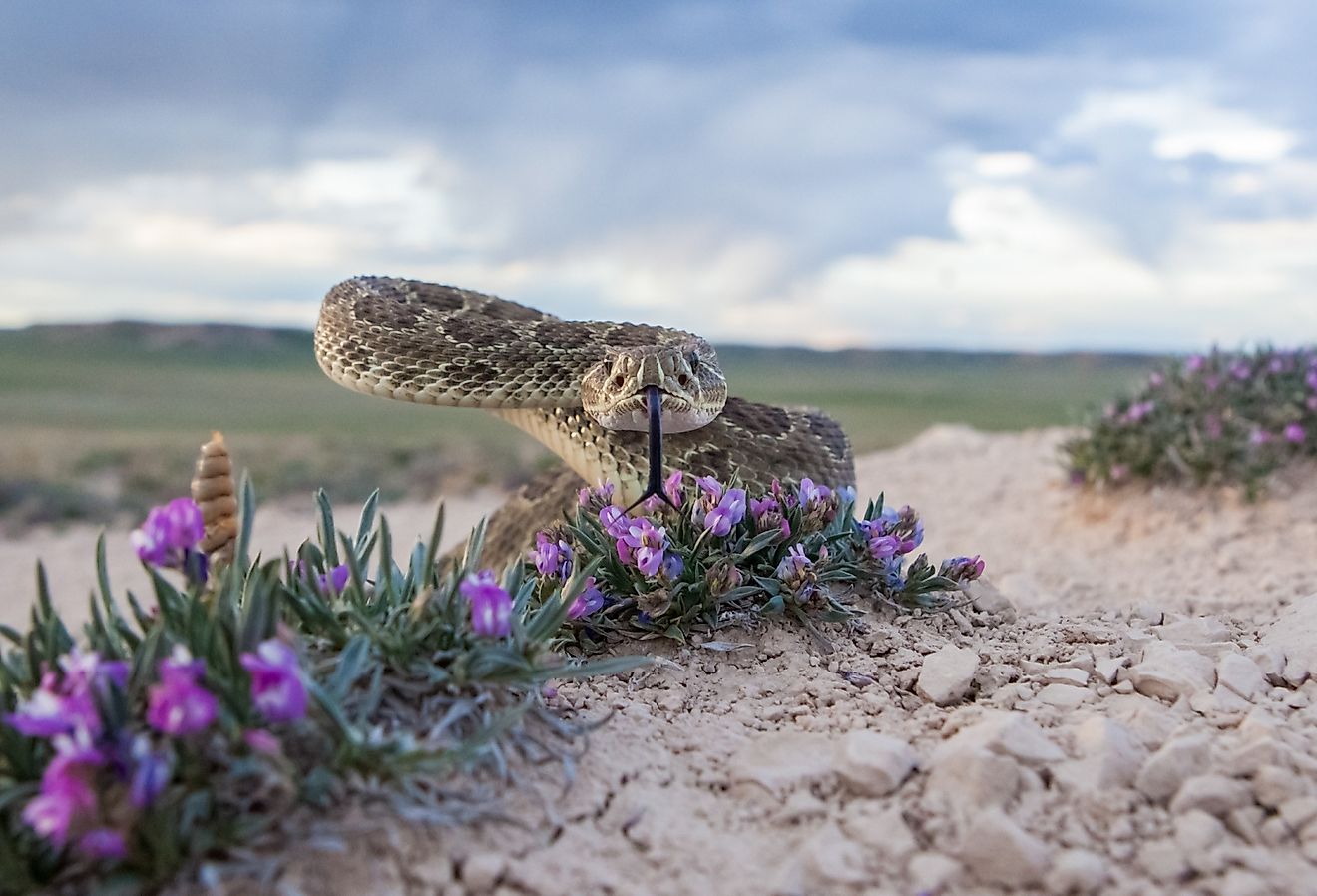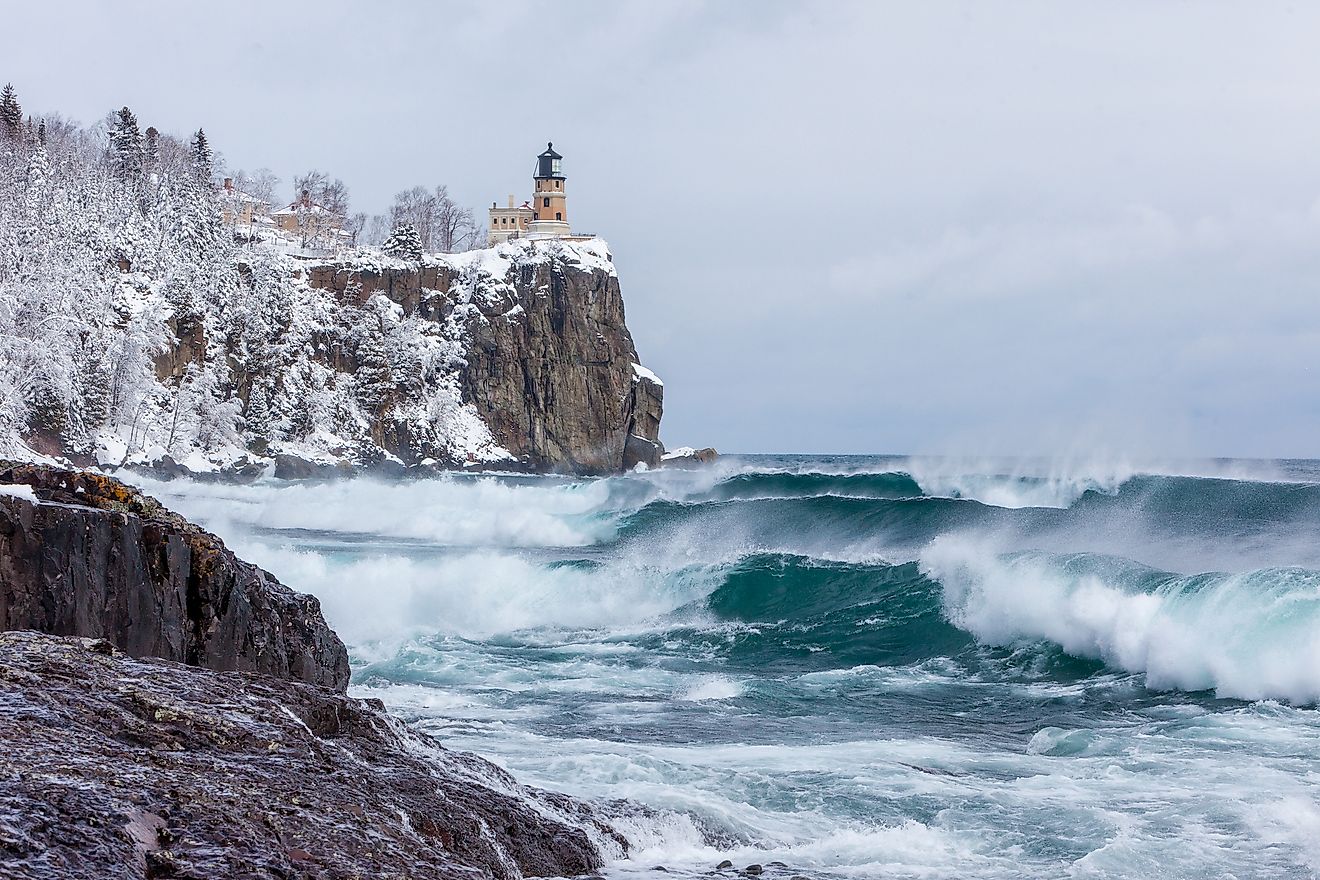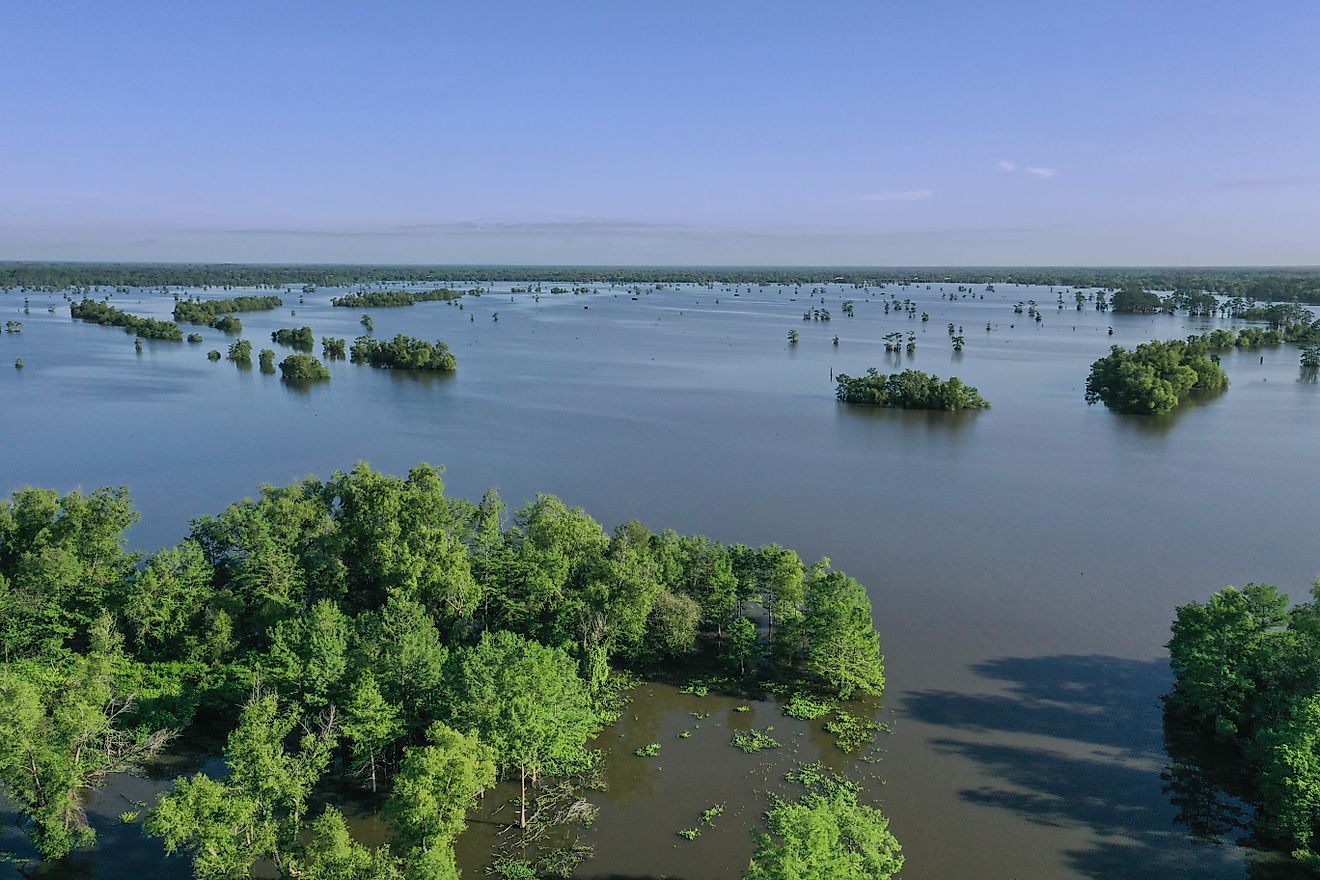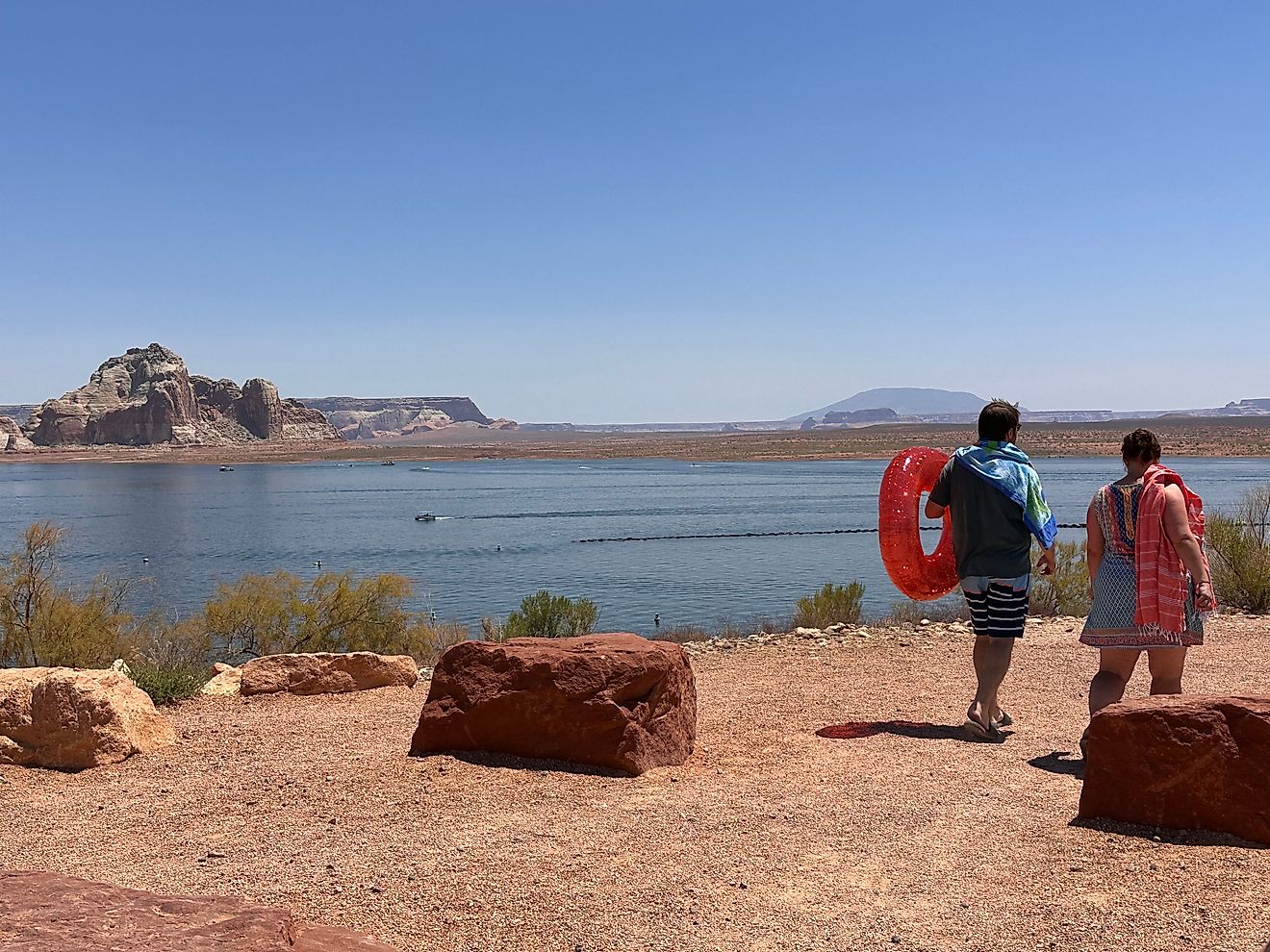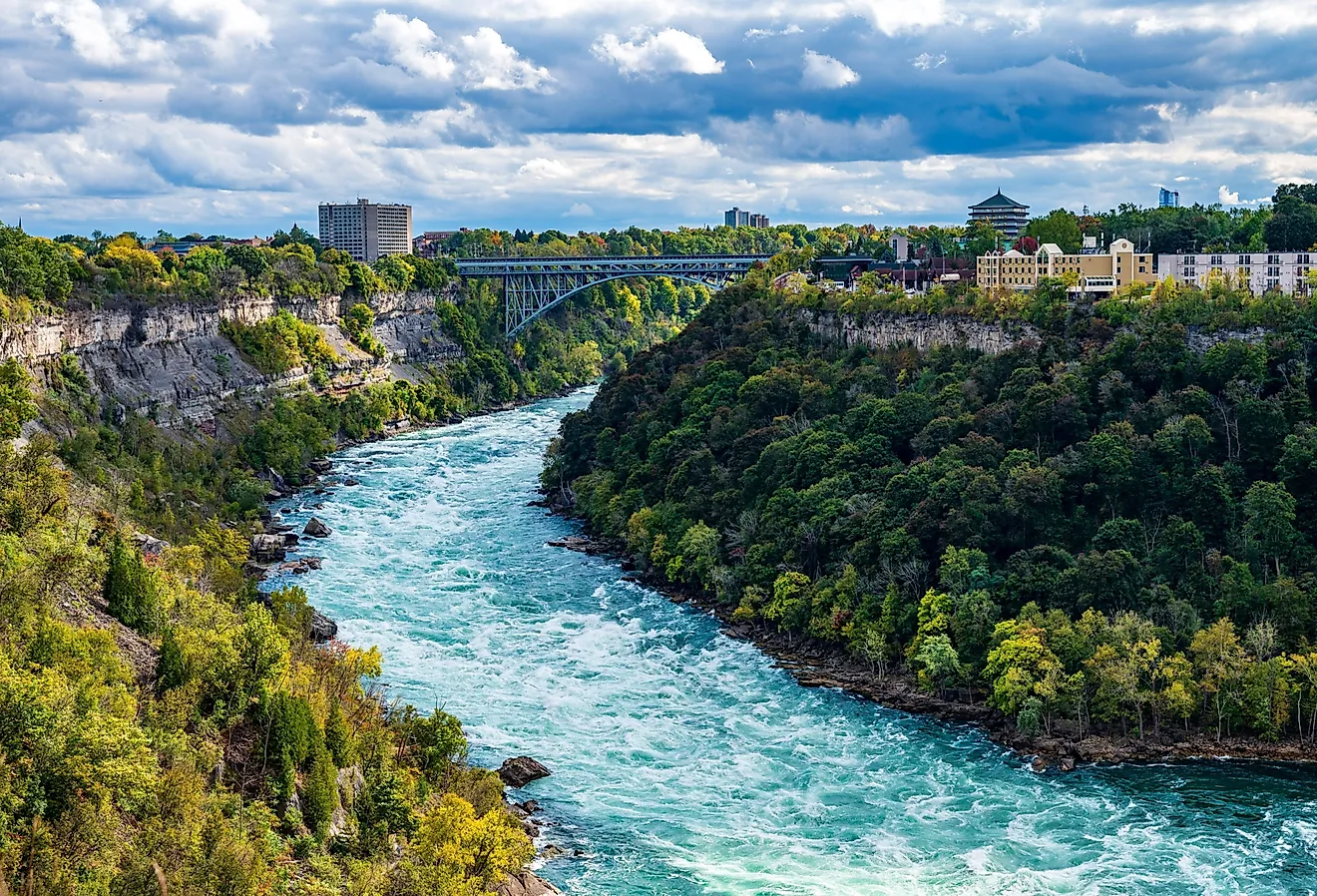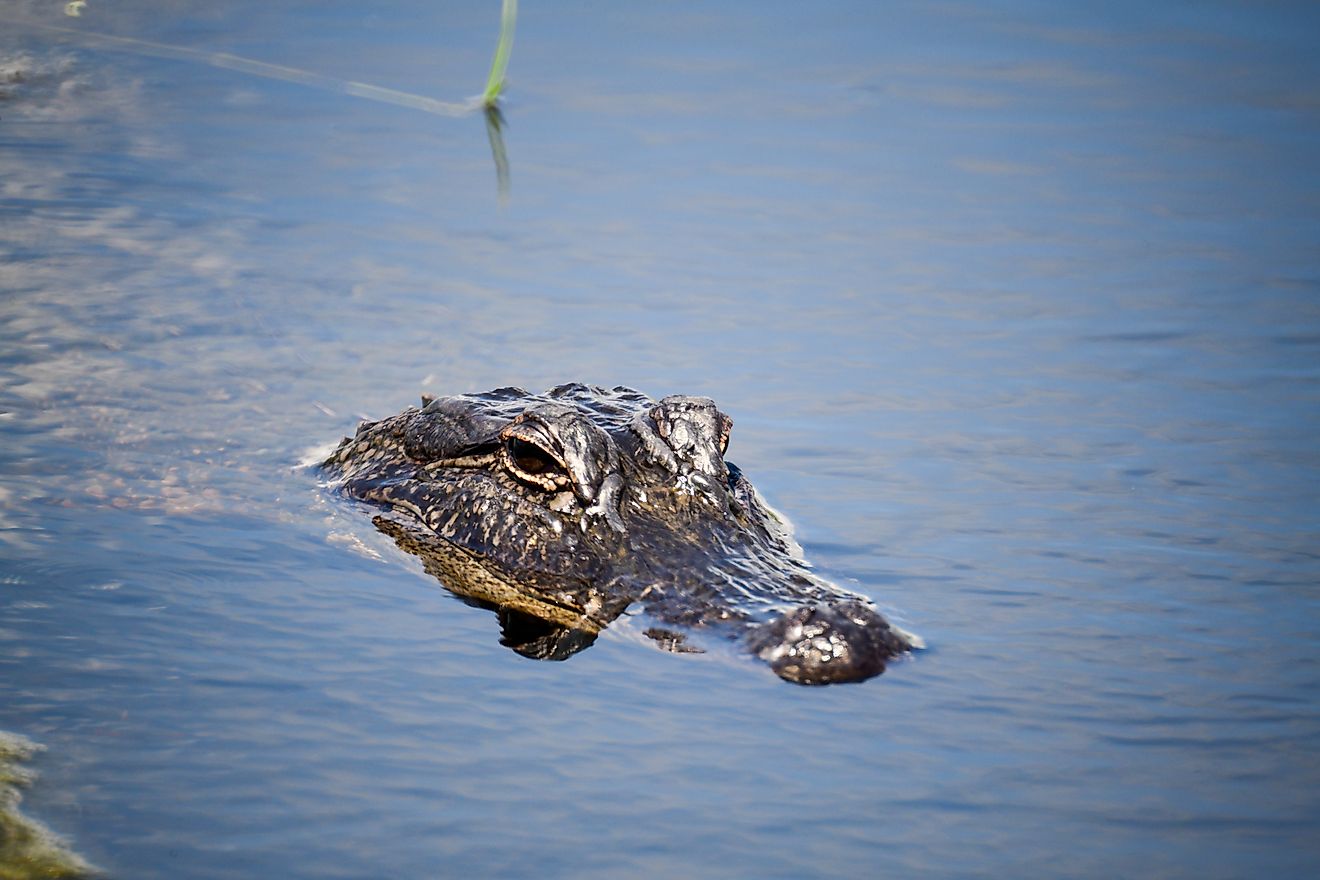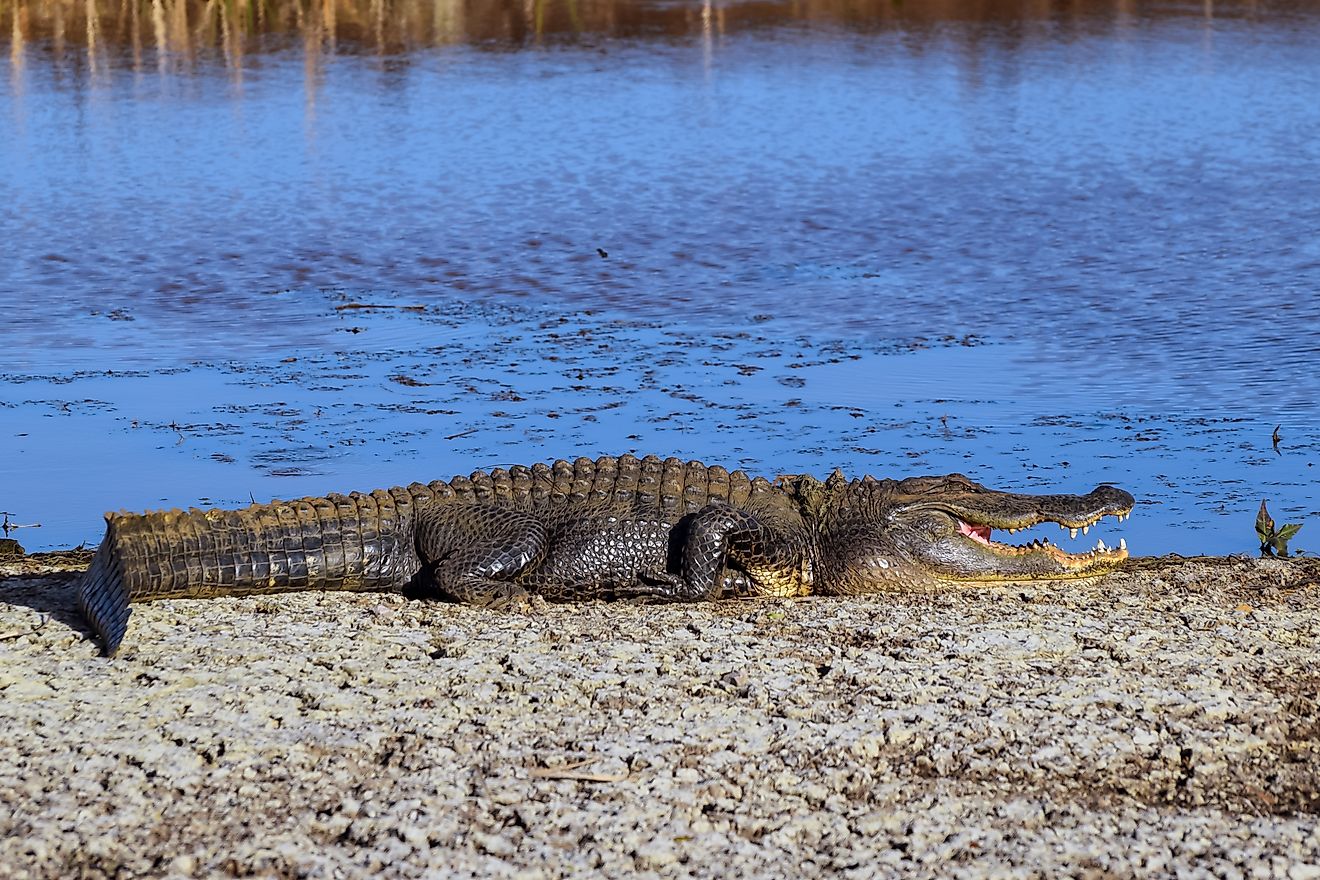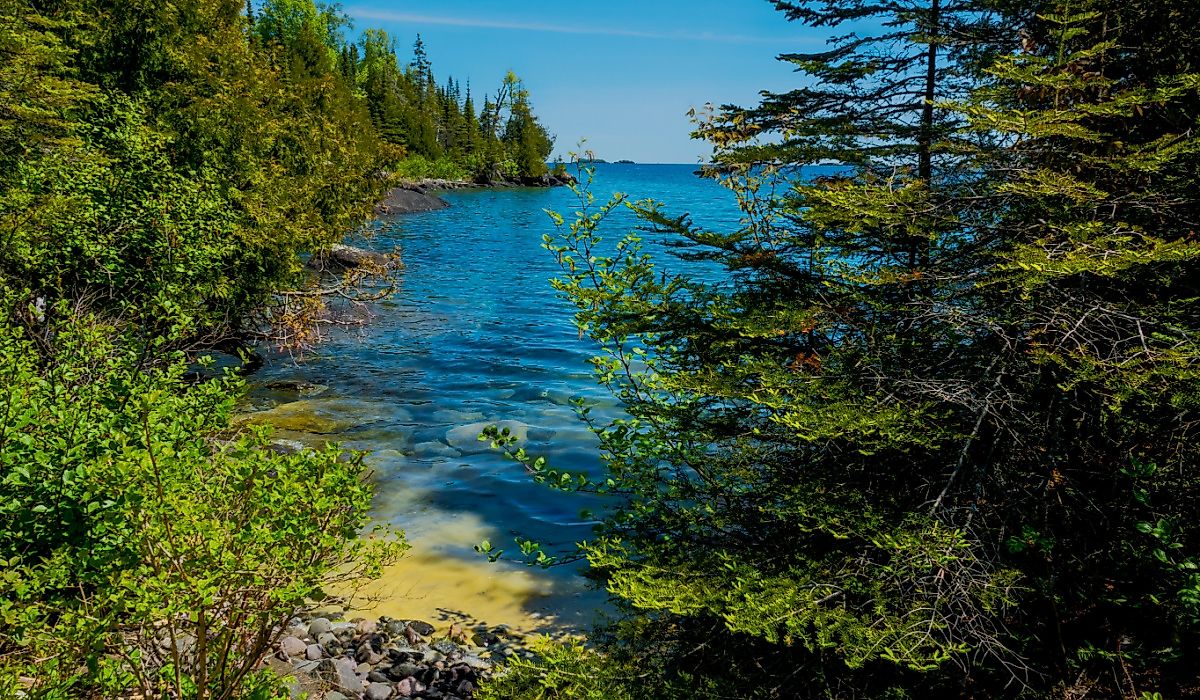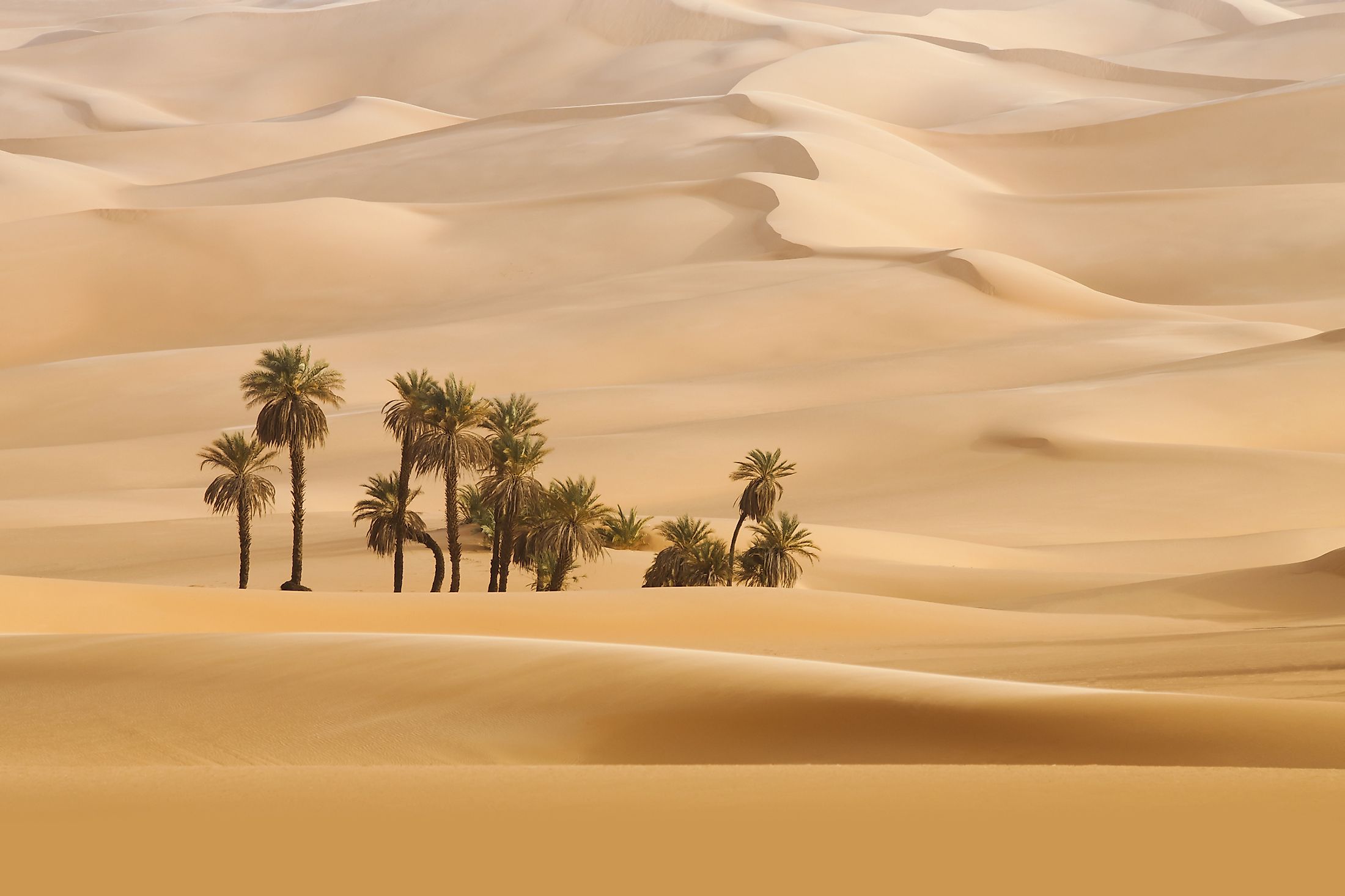
Countries Without Rivers
It may seem shocking to think, but there are actually countries in the world that do not have any rivers in them. Of course these are mostly desert countries, where precipitation and water sources are sparse, and there is not enough water flow to create any real rivers or riverbeds. Additionally, some of these countries are just too small to have rivers, (like many smaller islands, are city-states, or have merely seasonal water flow, which does not technically qualify as a permanent river. According to this criteria, there are 19 different countries that do not have permanent natural rivers. They are:
- Comoros
- Djibouti
- Libya
- Bahamas
- Bahrain
- Kuwait
- Maldives
- Oman
- Qatar
- Saudi Arabia
- United Arab Emirates
- Yemen
- Malta
- Monaco
- Vatican City
- Kiribati
- Nauru
- Tonga
- Tuvalu
Desert Nations And Arid Climates
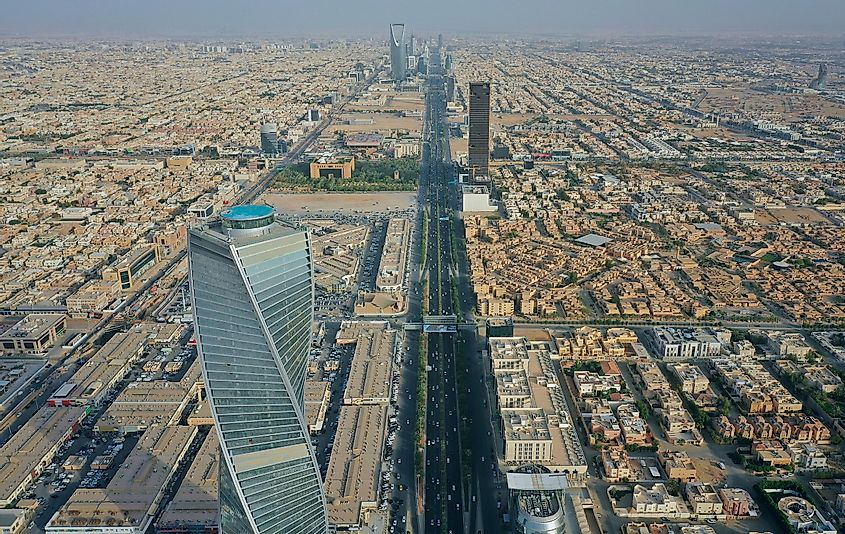
There are a number of countries on this list that do not have rivers due to their climate. Nations that are primarily desert, or which have particularly arid climates, tend not to have rivers, or are unable to sustain permanent rivers year round. Of these, Saudi Arabia is by far the largest in terms of area. Since Saudi Arabia is a sandy, dry and hot place, it is simply too arid and too warm for much rainfall, and that which does land, is immediately absorbed or evaporated in the heat. No rivers or major bodies of water exist here, aside from Oases, which do pop up across the desert sand dunes. Through these, and desalination plants which remove salt from saline water sources, the country has been able to sustain its population.
Similarly, Libya is the second largest riverless country in area, and the largest country in Africa to be without a river. Much of the country is made up of the Libyan desert, which is one of the most arid places on earth. Rainfall is extremely rare here, and rivers are nonexistent. However, groundwater does exist, and provides fresh water for the 6.7 million people that live here. Additionally, a large aquifer exists underneath the country which can further develop the nation and provide a larger fresh water source to residents.
Other such desert or dry climate countries without rivers include Kuwait, Oman, Qatar, the United Arab Emirate, and Yemen. In addition to these, Djibouti has no proper rivers, due mainly to its climate, and only has intermittent, seasonal small creeks which run through the mountains during the rainy seasons.
Islands And Archipelagos
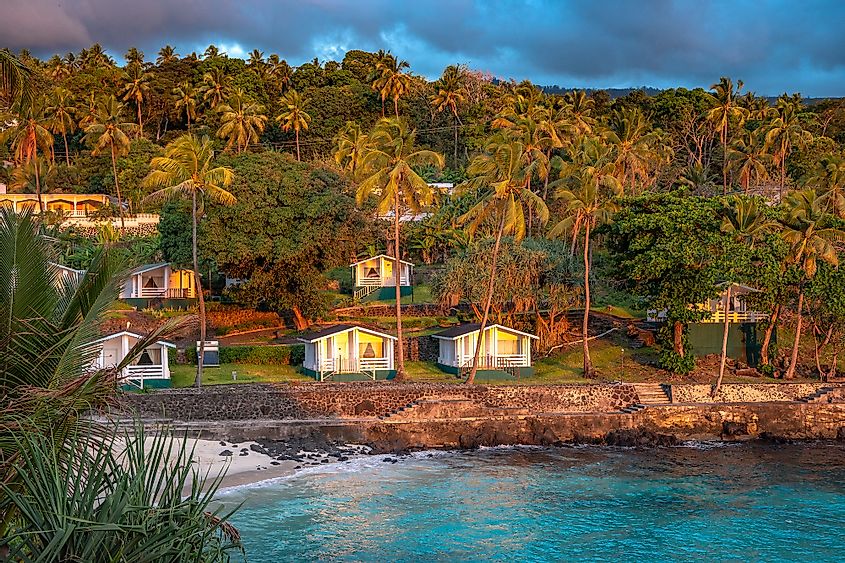
Another type of country that tend not to have natural rivers are small island nations or archipelagos. Some of these islands are just too small to have rivers running through them, or are derived from hard, porous volcanic rock, without the presence of natural springs which would serve as natural water sources. For example, the island nation of Comoros is just so small, with a total area of roughly 2000 square kilometers, that no rivers run through it. These smaller nations do not have the area to generate proper river flow.
Other small islands without rivers include the Bahamas a Lucayan Archipelago of the West Indies in the Atlantic ocean which is simply too flat to create any real river flow; Bahrain in the Persian Gulf; The Maldives in the Indian Ocean; Malta in the mediterranean sea, and Kiribati, the Marshall Islands, Nauru, Tonga, and Tuvalu, which are all island states or part of archipelagos in Oceania. The terrain is such that even when rain falls, rivers can not be sustained, and the rainfall simply washes into the earth rather than forming permanent river-channels.
City-States
The two other countries without rivers are the Vatican, and Monaco. The Vatican is an extremely unusual country, in that it is actually a religious city within another country. As it is only a city, it has almost no natural terrain within it, and therefore no natural rivers. Similarly, Monaco is also a city state, which is both tiny, and bordered by France on three sides, and the Mediterranean Sea on the fourth. Its location and city structure prevent it from having any natural rivers. From city states to island nations, and arid deserts, there are a number of countries which don’t have rivers running through them, but life is resourceful and as such, humans, animals and plants have found a way to survive despite the lack of free-flowing natural water.
